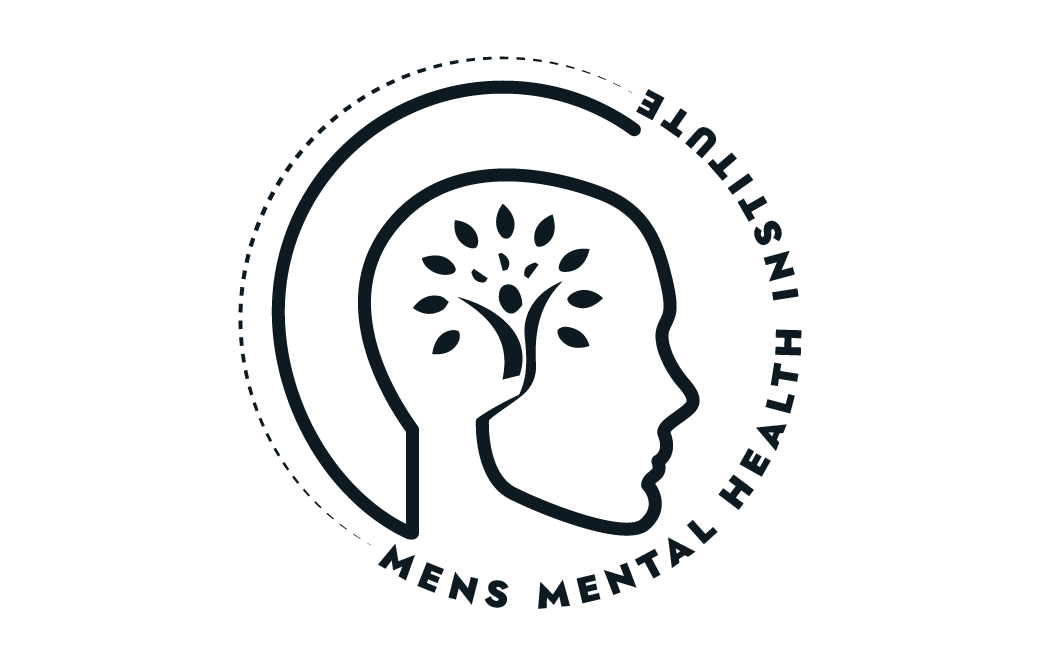The Dopamine Dilemma: Why You Keep Chasing Highs but Feel Empty
You’re wired to seek pleasure. It’s not just a desire, it’s a biological imperative. Dopamine is the brain’s “feel good” neurotransmitter, rewarding behaviors that helped our ancestors survive—food, sex, social status, accomplishment.
But today? We live in a world of dopamine hijacking. Social media likes, instant gratification, novelty apps, binge eating, porn, drugs, gambling, all flood your brain’s reward circuit with unnatural surges. The brain, built for scarcity, gets overwhelmed by abundance.
Neuroscience shows this flooding causes dopamine downregulation, your receptors become less sensitive. Now you need more stimulation to get the same rush. The result? You chase highs that never last, feel more irritable, anxious, or numb, and lose motivation for deeper, long-term rewards.
For men, this has evolutionary and social implications. Evolutionarily, the male brain is particularly tuned for reward-seeking and risk-taking, a double-edged sword that in today’s context becomes vulnerability to addiction and burnout.
Socially, men are often discouraged from expressing emotions or seeking support, so dopamine-driven “quick fixes” become a default coping mechanism for stress, loneliness, or frustration.
The mental health system’s response is mixed, too often focused on symptom management (medication, quick fixes) rather than addressing dopamine dysregulation itself. Overdiagnosis and medication can mask the issue without healing it. Worse, the shame around addiction can deepen isolation.
Understanding dopamine’s role is key to breaking free, not through willpower alone but through brain-based strategies that heal and rewire.
Therapeutic Strategies to Reclaim Dopamine Balance
Behavioral Activation + Gradual Dopamine Reset (CBT + Neuroscience-Informed Coaching)
We create structured routines that reduce reliance on instant dopamine hits, cutting screen time, sugar, and impulsive behaviors, and replace them with slower-building, meaningful rewards like exercise, hobbies, and social connection.
Mindfulness and Interoceptive Awareness (DBT + Somatic Work)
By tuning into your body and mind in the moment, you retrain your brain to find pleasure in the present, not just in stimulation. This improves emotional regulation and reduces impulsivity.
Nutritional and Lifestyle Interventions
Diet, sleep, and movement directly affect dopamine production and receptor sensitivity. Therapy integrates these physical aspects alongside emotional work for holistic recovery.
Values-Based Commitment (ACT + Solution Focused Therapy)
You identify your core values and long-term goals, anchoring your motivation beyond fleeting dopamine spikes. This builds resilience and purpose.
Addressing Underlying Trauma and Emotional Pain
Many dopamine-driven behaviors are attempts to numb or avoid difficult feelings. Using trauma-informed approaches and parts work, you heal those wounds to reduce compulsive seeking.
What You Gain in Life, Love, Wealth, and Mental Health
In life, you reclaim your energy and focus. You break free from exhaustion cycles and regain control over your habits and impulses.
In love, you become present and engaged, capable of deep connection without distraction or withdrawal.
In mental health, you reduce anxiety, depression, and emotional volatility by stabilizing your brain chemistry naturally.
In wealth, restored discipline and clarity translate into better decision-making, productivity, and long-term planning.
Dopamine addiction is not a moral failing, it’s a neurochemical imbalance in a mismatched environment.
With science-backed therapy, you can rewire your brain, restore balance, and live fully.








